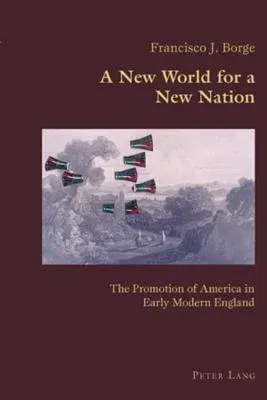Francisco J Borge
(Author)Hispanic Studies: Culture and Ideas: The Promotion of America in Early Modern EnglandPaperback, 28 June 2007

Qty
1
Turbo
Ships in 2 - 3 days
In Stock
Free Delivery
Cash on Delivery
15 Days
Free Returns
Secure Checkout

Part of Series
Hispanic Studies: Culture and Ideas
Print Length
246 pages
Language
English
Publisher
Peter Lang Copyright AG - Ipsuk
Date Published
28 Jun 2007
ISBN-10
3039110705
ISBN-13
9783039110704
Description
Product Details
Author:
Book Format:
Paperback
Country of Origin:
CH
Date Published:
28 June 2007
Dimensions:
22.86 x
15.24 x
1.32 cm
ISBN-10:
3039110705
ISBN-13:
9783039110704
Language:
English
Location:
Bern
Pages:
246
Publisher:
Weight:
335.66 gm